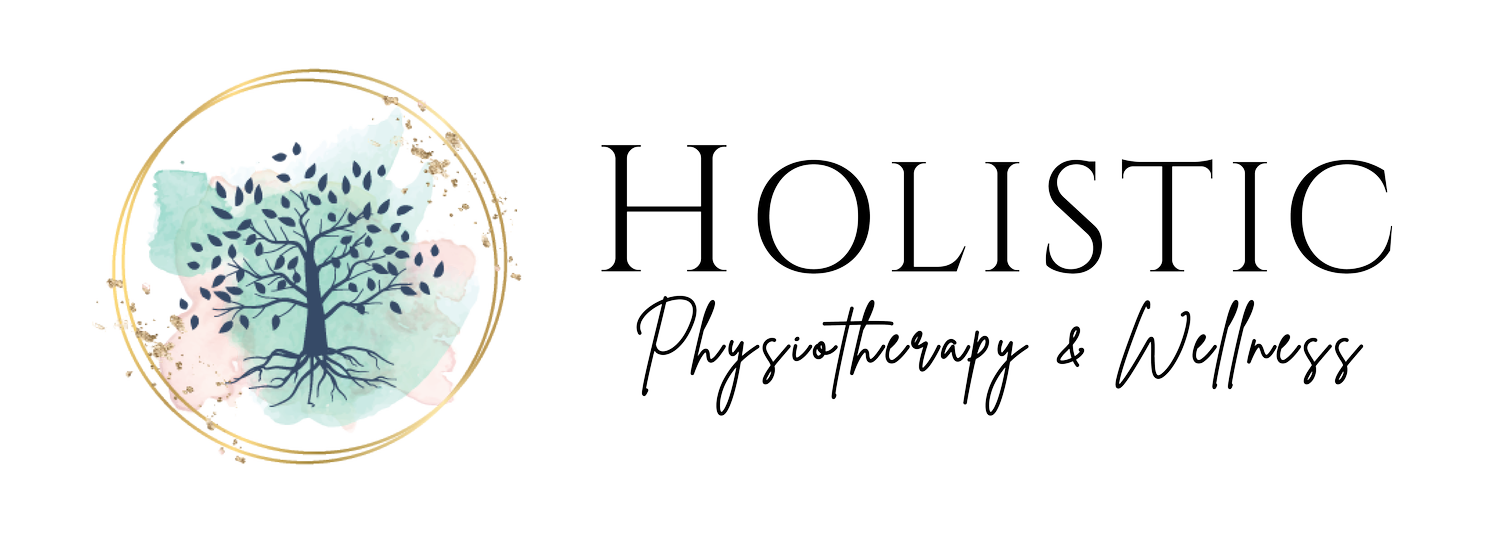Maternal Mental Health: Post-Partum Anxiety
Written By Marnie Rogers-de Jong, Ph.D. | May 7, 2021
Welcoming a new baby into the world is often a time of joy and excitement. It can also be a time of significant stress and anxiety.
It’s understandable to worry after having a baby. Parenting comes with a lot of responsibility! And there are more messages than ever about how moms “should” best care for their children. It can be overwhelming to know what to do and who to trust.
For some women, these normal fears and worries develop into something more serious. One recent study surveyed new Canadian mothers. The researchers found that 13.8% of the women experienced symptoms of post-partum anxiety.
What is Post-Partum Anxiety?
Post-partum anxiety is defined by frequent, distressing fears. Some mothers describe worrying constantly about worst-case scenarios, seeing potential risks all around them.
Perhaps they worry about whether their child is healthy or developing as expected. Mothers may also worry about their own health. Especially if they dealt with any complications during pregnancy or childbirth. Women living with post-partum anxiety often describe feeling a heavy sense of fear or dread, as though something could go wrong at any time.
Post-partum anxiety is also associated with physical symptoms, including racing heart rate, shortness of breath, chest pain, sweating, shaking, muscle tension, stomach issues, and restlessness. These symptoms can be confusing and distressing when mothers are already coping with the many physical changes of post-partum recovery.
Post-partum anxiety can also affect how a new mom goes about her routine. Some mothers avoid going out with their babies for fear that something will go wrong. Perhaps they check on their infants repeatedly while they’re sleeping, just to make sure they’re still okay.
Some moms experiencing anxiety describe looking for constant reassurance that they’re doing everything “right.” This could involve checking in with their doctor repeatedly or spending a lot of time researching their concerns online. This reassurance might help for a bit, but their worries pop back up again before long.
With a new baby to care for, most mothers already get very little sleep. Post-partum anxiety can add to this issue. Mothers living with anxiety may find it tough to wind down, even when they get a rare moment to themselves. Some moms talk about wishing they could just turn off their thoughts to get some rest.
Some new mothers experience anxiety alongside post-partum depression. Signs of post-partum depression include intense sadness or low mood, fatigue, changes in sleep or appetite, lack of interest in one’s usual activities, and feeling inadequate or hopeless. Sometimes new moms experience thoughts about death or harming themselves or their baby.
Help for Post-Partum Anxiety
Many women notice shifts in their mental and emotional well-being after giving birth. This is understandable, given all the changes that come with having a new baby and post-partum recovery.
For some women, these changes can become overwhelming. They can get in the way of living day-to-day life and enjoying time with their baby.
If you’re a new mom and you’re feeling controlled by fears and worries, it’s important to reach out for help. I encourage you to talk with your doctor and a mental health professional. They can do a thorough assessment of your concerns and recommend some next steps.
The trouble with anxiety is that sometimes worries get in the way of seeking help. Many new moms talk about worrying that people will think they’re “crazy” or unfit. They may wonder if there’s something wrong with them because they’re not feeling that new baby bliss. Some moms criticize themselves for not being more knowledgeable or confident.
But, as the statistics show, post-partum anxiety is a common experience. You’re not alone. And help is available.
In counselling, we can explore the stories you’ve been told about what it takes to be a “good” mom. We’ll work on loosening those expectations to allow for imperfection and growth. We can also challenge the lies that anxiety tells, including that worst-case scenarios are likely to happen at any time. We’ll highlight your strengths and successes as a parent, as well as the challenges. And we can talk through all the different emotions that come with making such a major life transition.
If you’d like more information on post-partum anxiety, check out the following links:
BC Women's Hospital & Health Centre
Anxiety and Depression Association of America
Research Study: Symptoms of postpartum anxiety and depression among women in Canada: Findings from a national cross-sectional survey
Marnie Rogers-de Jong, Ph. D
Registered Doctoral Psychologist



